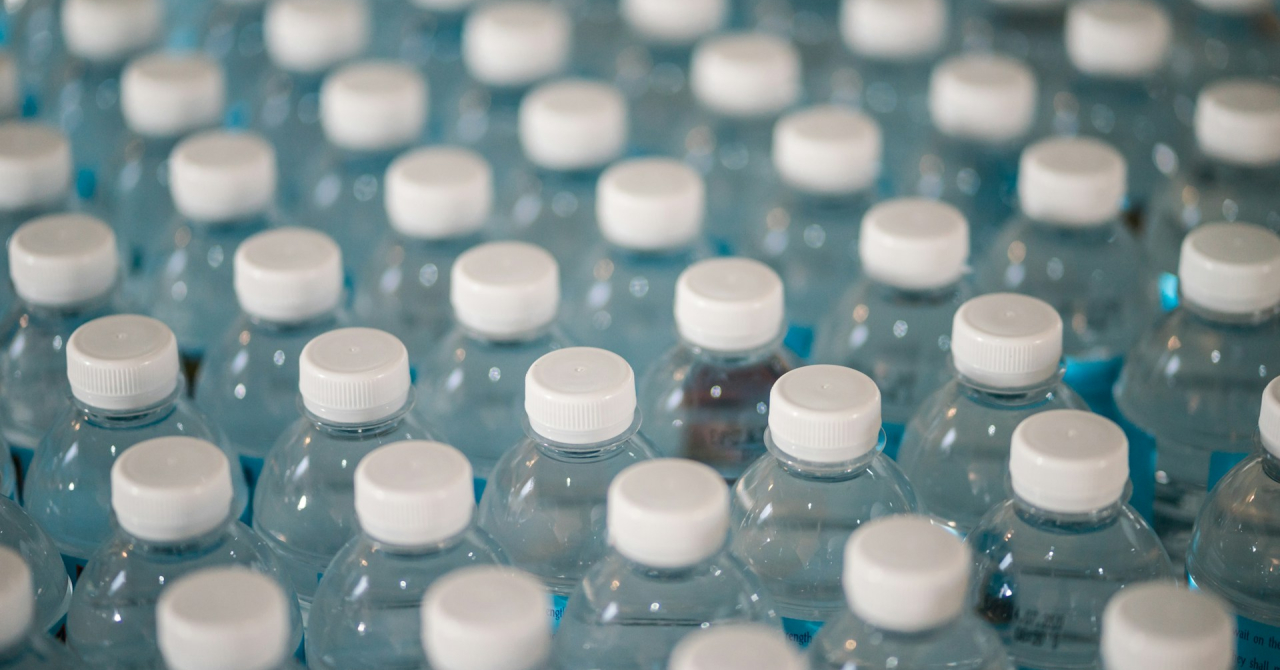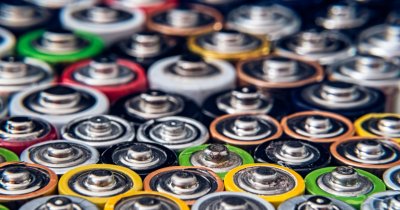Euronews.green writes that five samples from three of the more popular bottled water brands in the US revealed that particle readings ranged from 110.000 to 440.000 per liter of water, with the average being around 240.000.
Nanoparticles are usually less than one micron in size, while human hair is generally about 83 microns wide, to put the size of the particles into perspective.
Previous studies conducted by various research teams focused more on microplastics, which are larger in size than nanoplastics, but it appears that if they downscale the subjects, the latter are 10 to 100 times more in every plastic bottle.
While we could immediately assume that nanoplastics are bad for our health, as that's probably the case, researchers are now looking into this issue, as well as checking other brands for nanoplastics levels.
Phoebe Stapleton, a toxicologist at Rutgers, said that "that's currently under review. We don’t know if it’s dangerous or how dangerous. We do know that they are getting into the tissues [of mammals, including people]… and the current research is looking at what they’re doing in the cells."
Until proven to have a negative effect on our health, the researchers who conducted the study said they cut the use of bottled water, relying more on filtered water, instead.
Study co-author Beizhan Yan, a Columbia environmental chemist, who also switched to using filters more as an alternative, added that these could be an environmental issue themselves.
Stapleton believes that ultimately, "there's just no win", pointing that there's currently no alternative to solve every issue about this matter.
 Mihai - Cristian Ioniță
Mihai - Cristian Ioniță












Any thoughts?